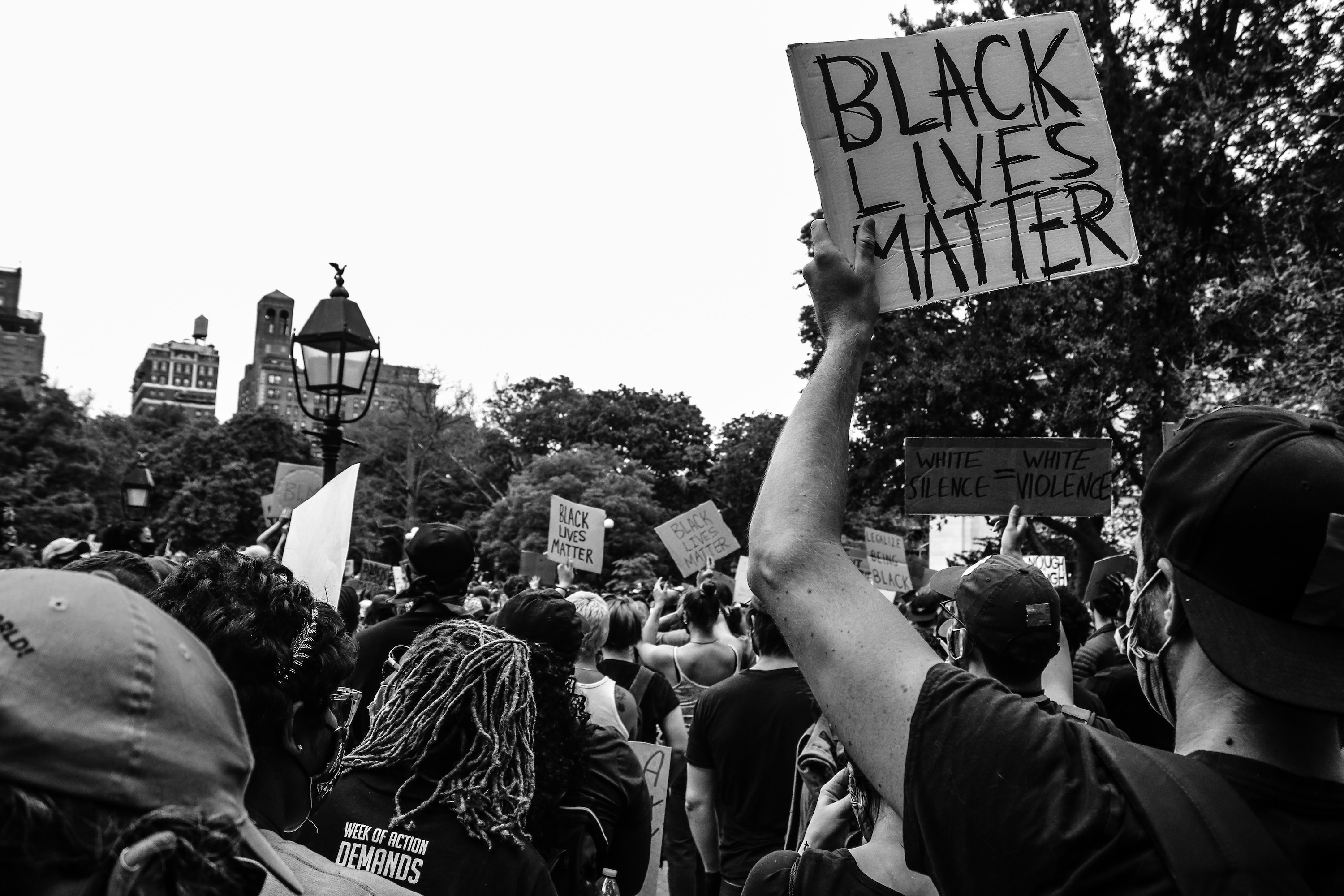Social media was instrumental in the spread of the #BlackLivesMatter protests. Photo: Jakalya Toney / Unsplash
Many citizens around the world have become fed up with the inability of their respective governments to live up to their promises both at community and nationwide levels. This has led to an increase in the number of protests globally, as demonstrators demand governments hold up their end of the bargain, whether related to political, economic, or sociological challenges.
What has coincided with the increasing number of protests around the world is the use of social media as a platform to spread democratic ideals and enhance the ability to voice frustrations amongst community members, and a tool for mobilizing and organizing protests.
The reason for the upsurge in protests around the world is not necessarily related to an increasing number of social breakdowns between government and communities, but possibly from social media making it easier for people to make their voices heard and empowering communities to stand up for their needs and expectations of their government and institutions.
Social media as a tool to spark change
For instance, the onset of the Arab Spring which occurred throughout the Middle East was sparked by social media – the sharing of an image of resistance. Social media was used as a tool not only to document and raise awareness of the injustices experienced by community members, but also in providing a “place for conversation about sociopolitical conditions”. In mobilizing and organizing protests, it was an effective tool for logistical updates and to bypass police crackdowns.
Since almost everyone has access to social media, protesters begin to function as “citizen journalists”, flooding platforms with imagery, video and personal experiences which expose the world to realities on the ground.
The importance of social media in spurring revolutions stems from the fact that those who would have otherwise been excluded from political engagement have been given a voice and platform where they can share their views and mobilize those with like-minded ideas. It helps to galvanize support, and could make it likelier to protests to start, leading to the increase in movements globally.
The challenges to sustainable change
Social media no doubt offers advantages in disseminating messages quickly and broadly, but they also are vulnerable to government measures. Governments across the globe have caught on to social media as a mobilization tool, enacted extreme measures to limit dissent including surveillance measures, internet censorship or complete blackouts of the internet. They could also use it to spread their own propaganda – masking the truth and spreading misinformation - in order to shift the narrative and quell community frustration. This control takes away the opportunity for communities to fully exercise their right to freedom of speech and expression.
Limiting solidarity to online engagement, without addressing issues directly with governments, could actually limit the potential to achieving sustainable change.
Given the limitations of social media, how can this tool be used as a mechanism for restoring the social contract between communities, institutions, and governments.
How can the Social Contract be Improved?
For social media to become an effective tool in carrying out sustainable measures for enacting change, governments must be equally committed to using this tool for allowing freedom of voice and expression and engaging directly with their constituents to recognize that they have been heard. The ability to communicate directly with government officials over social media breaks down barriers of communication and can allow communities to feel as if their dissatisfaction is being heard and addressed.
The use of social media is far from being a quick fix to society’s problems. Though the utilization of social media has empowered communities to mobilize and express their dissatisfaction, to truly enact change, communities must find other ways of engaging with their governments directly to hold them accountable and generate sustainable solutions.
Just as social media alone cannot be responsible for the risk associated with launching a protest campaign, other measures must be relied on in an effort to end the recurring nature of social media-generated protests that fail to ultimately enact social change.
This blog is adapted from an essay that won an OxFID-UNDP essay content on ‘What is at the heart of disenfranchisement of institutions in society and can international development support rebalancing human development ideals?’ Read the full essay here.

 Locations
Locations




